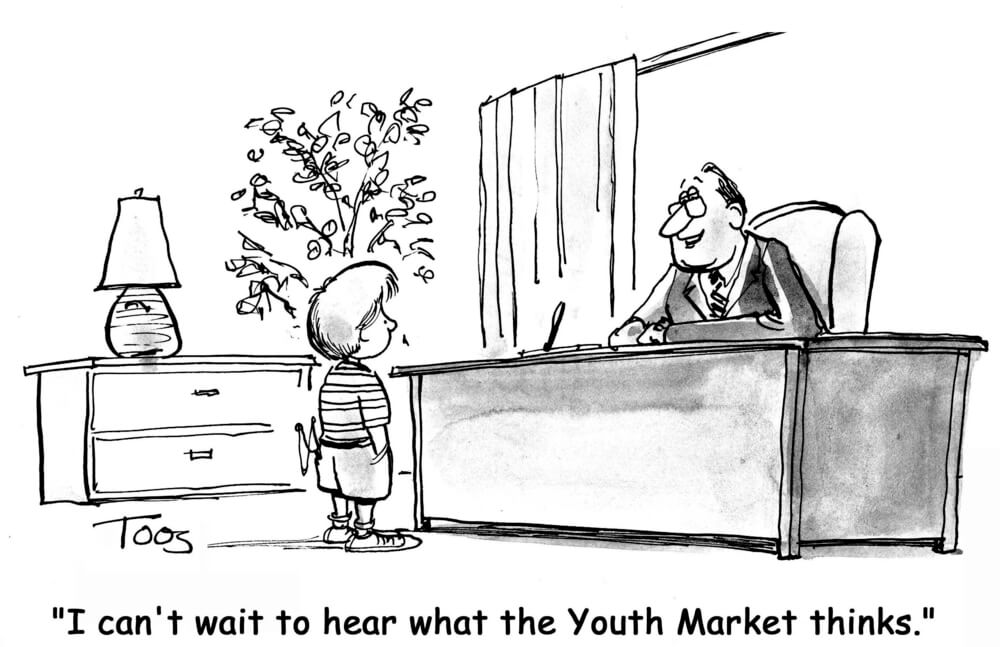Social Media Privacy Laws: Are You Protected?

Do You Have Privacy Rights On Social Media?
The fact that social media sites collect our data and store it for future use is not news.
But what many don’t know is there are privacy laws out there that can help protect our data, no matter where we are online.
Social site usage is at record highs. Today, millions use social networks and take advantage of the opportunities they offer. In fact, most use at least one social profile to stay in touch with friends and family – or even grow a business.
And with all these opportunities, many are conflicted about how social media companies have changed their lives.
Some extol the Internet’s virtue and the impact it has on communication, business, and education. But others worry about that impact. In fact, many blame social sites for their negative effect on our mental state and for alienating us from reality.
What’s more: experts warn us about oversharing. which can risk privacy and expose anyone to identity theft or data breach.
If you really want to protect your privacy, here’s what to know about current social media laws.
What Are Social Media Privacy Laws?
When it comes to social media privacy laws, most users worry that third parties collect personal data (age, where you live, buying habits, etc.) and use it for advertising. But the risks go beyond just paid ads. Your social profiles can also lead to privacy violations and even workplace privacy trespassing.
But what is privacy protection in the context of the critical relationships we develop with social media providers, other users, and employers?
When it comes to online privacy, privacy laws can significantly impact the use of sites like Facebook, Twitter, and LinkedIn.
Federal And State Social Media Privacy Laws
As social media grows in popularity and becomes increasingly central to our lives, several critical lines have been drawn concerning online privacy. Unfortunately, current privacy laws relating to social media are years behind social media evolution.
Until recently, there have been very few laws protecting social media users and their information. Although certain laws exist nowadays, they generally refer to financial transactions, health care records, and information about kids under 13. And although individual states lead the way to create new privacy regulations, real privacy on social media is not likely soon.
The Right To Be Forgotten
The best way to avoid privacy concerns on social media is to avoid social activity altogether. But since social media abstinence is somewhat rare, there’s only one privacy law EU citizens can rely on.
The right to be Forgotten law states that people have the right to remove individual private information from the web under certain circumstances.
COPPA
COPPA is the privacy policy concerning online data disclosure for children under 13. This law does not impose specific requirements on website operators. It also doesn’t restrict online services directed to children or with the knowledge they are collecting personal information online.
Social Media Privacy Laws In The Workplace
A handful of states have privacy laws prohibiting employers from requiring social media access from employees and job applicants. This legislation’s underlying purpose is to prevent employers from obtaining information about private and confidential off-duty activities. These could otherwise result in adverse employment action and lead to discrimination or harassment claims.
Can Social Media Laws Protect Our Online Privacy?
The social media law space is continuously evolving. To make sure you do your most to keep protected, read carefully the privacy settings for each social networking site you use, and make all of your pages as private as possible.
But suppose you want to have clear and concise information regarding existing privacy laws and wish to clear all security concerns. In that case, it is best to discuss with internet privacy experts. They can tell you all you need to know about social media cyber security, how to protect your identity online or how to erase your digital footprint.






